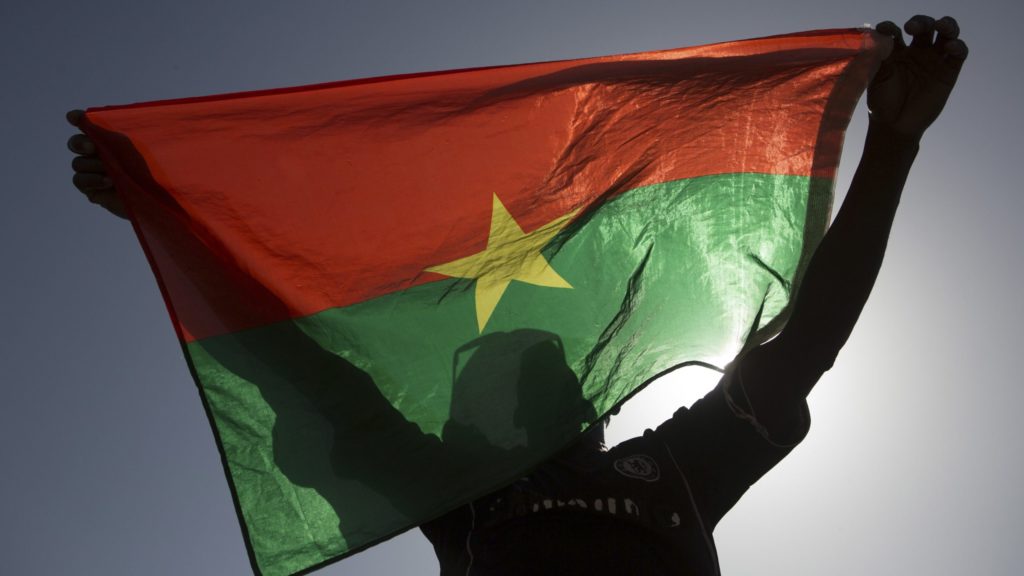At least 15 people were killed in an attack by gunmen on Catholics gathered for Sunday Mass in a Burkina Faso village Feb. 25, according to multiple news reports.
Twelve Catholics were dead at the scene in the village of Essakane, with another three dying while being treated at a health center, and two others wounded, according to a statement from Bishop Laurent Birfuoré Dabiré of the Diocese of Dori in Northern Burkina Faso, which includes Essakane.
"In these painful circumstances, we invite you to pray for the eternal rest of those who have died in the faith, for the healing of the wounded and for the consolation of sorrowful hearts," the bishop said in the statement, written in French and shared on the bishop's behalf by Father Jean-Pierre Sawadogo, the diocese's vicar general.
"We also pray for the conversion of those who continue to sow death and desolation in our country. May our efforts of penance and prayer during this period of Lent bring peace and security to our country, Burkina Faso," the bishop said.
According to AP, no group has claimed responsibility for the attack, but jihadis who have perpetuated similar violence are suspected of carrying it out. Christians in Burkina Faso have been increasingly targeted in recent years by terrorist groups amid political and social upheaval.
Burkina Faso is located in Africa's Sahel region, which separates North Africa from Sub-Saharan Africa and has one of the largest Christian communities in the region.
Aid to the Church in Need, a Catholic organization that assists the church in places where Catholics are threatened by persecution and poverty, notes that the West African nation was long "considered an example of peaceful coexistence between religions." Of its population of 21 million, about 25% is Christian, and 60% is Muslim.
"Since 2015, however, the northern and eastern parts of the country have become a hotspot of violent extremists," Aid to the Church in Need reports, adding that "Burkina Faso is now the main theater of jihadist terror in the Sahel," the band of savanna that spans the width of Africa from the Atlantic Ocean to the Red Sea.
The violence and upheaval, which escalated following two coups in 2022, has resulted in more than 1 million people fleeing their homes, parishes and schools being deserted, and children forcibly recruited to be child soldiers.
The Feb. 25 attack came a week after Burkina Faso's bishops publicly expressed concern about the country's "situation of persistent insecurity" in a statement issued Feb. 18 at the end of their weeklong plenary assembly in the Diocese of Kaya.
"Overall, some thirty parishes and their associated structures (presbyteries, religious communities, health and education facilities, etc.) remain closed or inaccessible," the Catholic Bishops Conference of Burkina and Niger said in the statement, according to multiple reports.
"The corollary of this is the decline of socio-economic works in some places, the casualization of pastoral workers, the impoverishment of the population, especially in the affected areas, and the continuing phenomenon of internally displaced persons, which is causing socio-demographic upheavals in a noxious social climate," the statement said.
The Catholic Bishops Conference of Burkina and Niger is currently led by Bishop Dabiré of Dori.

